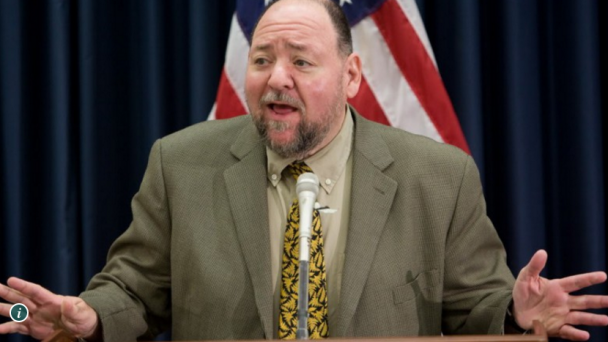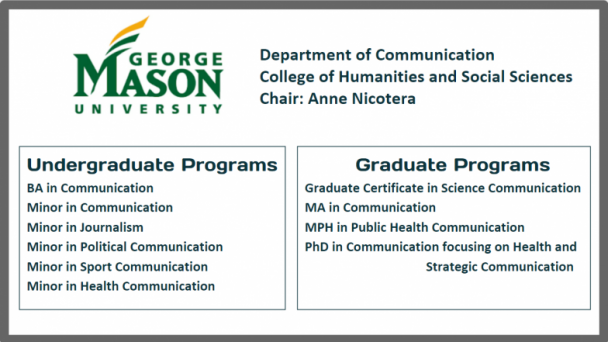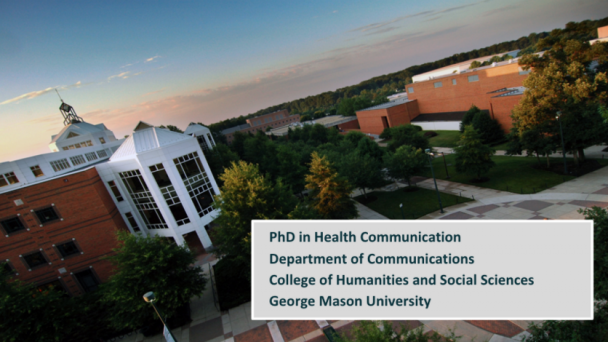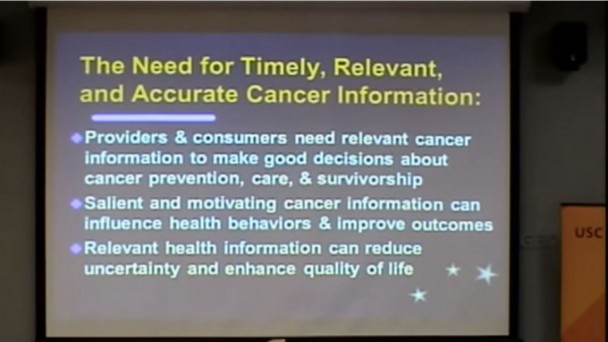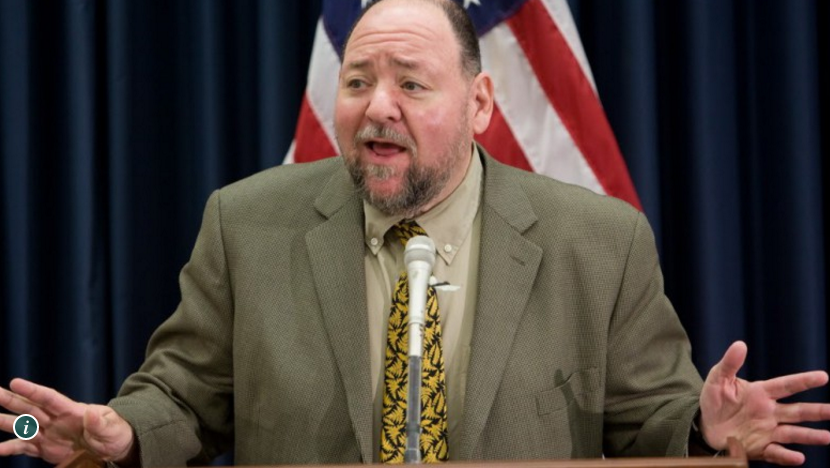Summary
The Center for Health and Risk Communication (CHRC) provides an important organizational framework for stimulating innovative health and risk communication research collaborations, health promotion intervention projects, and community interventions.
Active research collaborations have been established with leading health and safety scholars across George Mason University and many other national and international research centers. The Department has served as host for several distinguished international health and risk communication scholars who have engaged in collaborative research while at Mason.
Information
Dept. webpages: communication.gmu.edu/research-and-centers/center-for-health-and-risk-communication
Email: hlthcomm@gmu.edu Phone numbers: Communication Office: 703-993-1090; Gary Kreps, PhD: 703-993-1094 Address: Center for Health & Risk Communication
George Mason University
4400 University Drive, MS 3D6
Fairfax, VA 22030
About
Health and risk communication are areas of great interest and expertise within the Department of Communication and there are growing research and education programs at Mason in this area. Health and risk communication are important interrelated areas of study and application. Health communication examines the communication processes central to the delivery of health care and promotion of health, including health care provider consumer interactions, informed health care decision making, the provision of social support, the development and implementation of health promotion campaigns, and the uses of media and information technologies within the health care system. Risk communication examines strategic communication of ...
